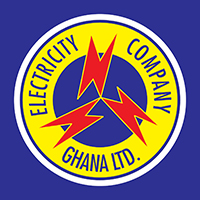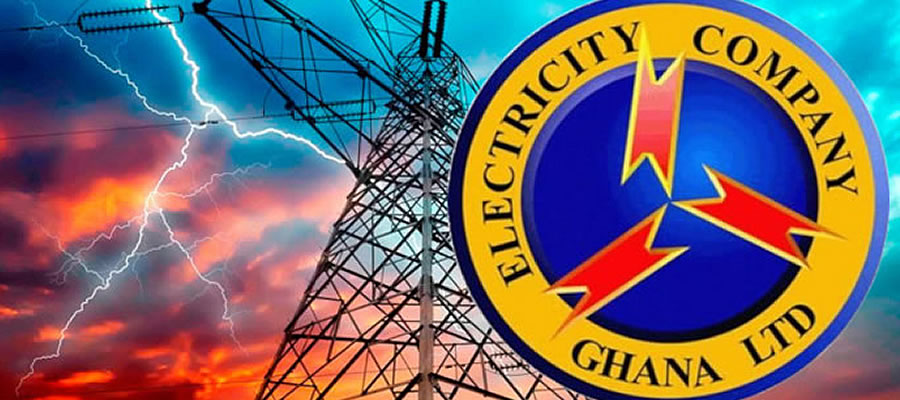The Electricity Company of Ghana (ECG) has submitted a proposal to the Public Utilities Regulatory Commission (PURC) seeking approval for a 225% increase in its Distribution Service Charge (DSC1) for the 2025–2029 period.
If approved, the charge would rise from its current GHp19.0384/kWh to GHp61.8028/kWh. According to ECG, the increase is crucial to avert financial collapse, reduce the company’s reliance on government bailouts, and deliver more reliable power to Ghanaians.

Serving over 73% of Ghana’s population and approximately 4.87 million customers, ECG has argued that its current tariff structure is unsustainable. The company explained that the DSC1 makes up just 11% of the total electricity value chain cost, far below the global benchmark of 30–33%.
Additionally, the sharp depreciation of the Ghana cedi—estimated at 74% between 2022 and 2024—has eroded the value of ECG’s revenues by about 45%. This has left the utility struggling to cover costs, fund infrastructure projects, and maintain service quality.
Despite these challenges, ECG revealed that it has invested US$408 million since 2022 in critical infrastructure, including the construction of new substations, system automation, and the rollout of over one million smart meters.
With the proposed tariff adjustment, the company plans to continue these initiatives, ensuring tangible improvements in electricity distribution.
Projections indicate that service reliability will improve significantly. ECG estimates that the System Average Interruption Duration Index (SAIDI)—a measure of how long customers experience outages—will decline from 32.5 hours in 2024 to 19.2 hours by 2029. Similarly, the System Average Interruption Frequency Index (SAIFI)—the average number of outages—will drop from 16 to 9 within the same period.
System losses are expected to reduce from 27% to 22%, while revenue collection efficiency will increase from 87% to over 90%.
In response to public concerns about accountability and fairness, ECG outlined several reforms designed to enhance customer satisfaction. These include:
- Rolling out three million additional smart meters to ensure accurate billing and curb illegal connections.
- Replacing faulty meters at no extra cost to customers.
- Improving complaint resolution times and stabilising voltage supply.
- Expanding the ECG Power App, which allows customers to purchase credit, monitor usage, and lodge complaints digitally.

The company emphasised that these measures will ensure customers receive value for money while strengthening transparency and trust.
ECG insists that adopting a cost-reflective tariff is the only way to eliminate its dependency on government subsidies. By freeing itself from bailouts, the company argues that scarce public funds can be redirected to other national development priorities.
The PURC is now tasked with reviewing the proposal, conducting public consultations, and deciding whether to approve the tariff hike. Any new charges will only take effect after PURC’s formal approval and a nationwide announcement.
For now, ECG maintains that without this adjustment, the sustainability of Ghana’s electricity distribution system could be at risk.



